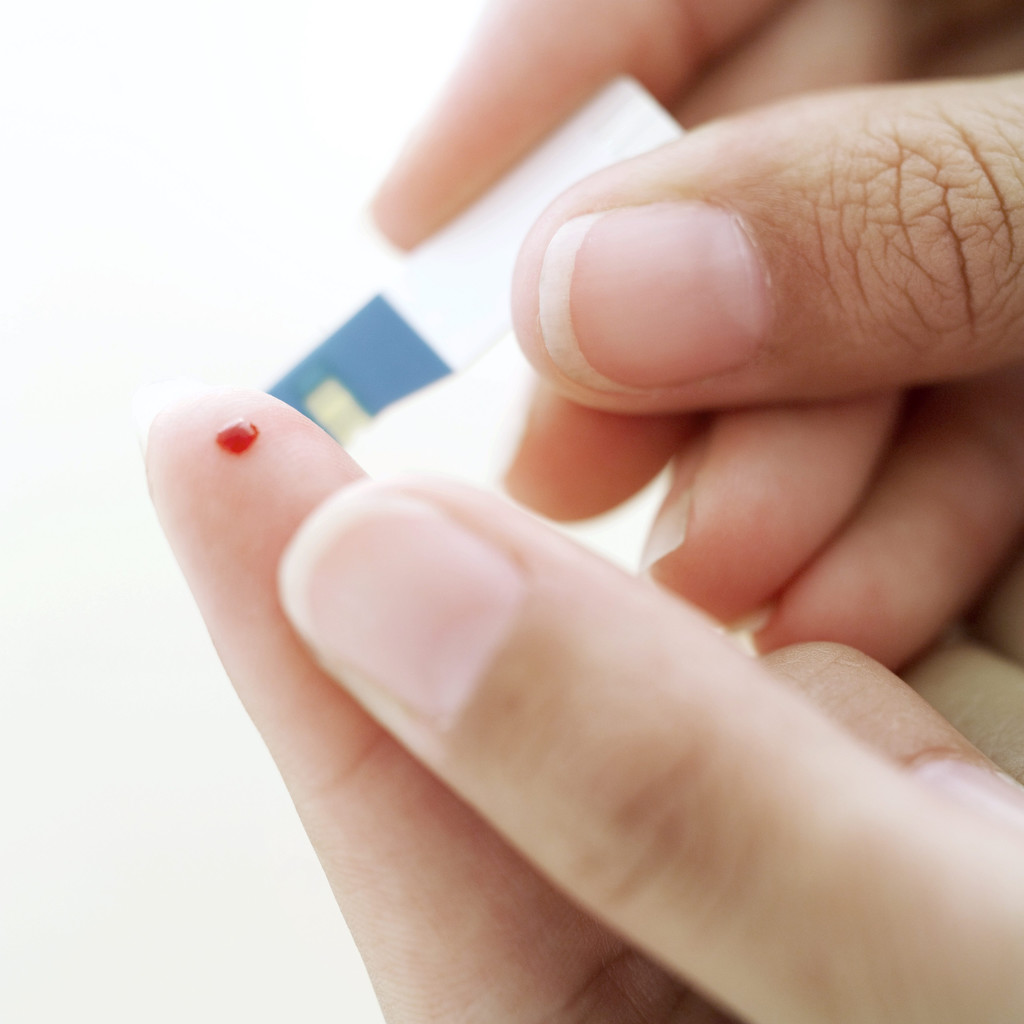 Diabetes
Diabetes hits women hard, especially at midlife. In the United States, it’s the number 6 killer of women ages 45 to 54 and the number 4 killer of women ages 55 to 64. What’s more, diabetes increases your risk of heart disease, stroke, and many other serious conditions, including blindness, kidney disease, and nerve disease.
Diabetes is on the rise in the United States. The Centers for Disease Control and Prevention (CDC) estimates that 1 in 10 US adults has diabetes now, and if current trends continue, that figure could rise to 1 in 3 by 2050. The increase is nearly all because of the rise of type 2 diabetes, which is most common in obese people age 40 and older. (Type 1 diabetes is much less common and usually starts in childhood or adolescence.) A huge proportion of US adults—more than a third of all of them and half over age 65—have prediabetes, and thus are poised to develop the full-blown disease.
Does menopause increase diabetes risk? That hasn’t been an easy question for researchers to answer. It’s hard to separate the effects of menopause from the effects of age and weight. But it does look like hormones do have something to do with it. If you are a woman over age 50, you’re especially vulnerable, and women pay a heavy price for the disease. They lose more years of life than men with diabetes do. In addition, the death rate for women with diabetes has risen dramatically since the 1970s, while it has not for men with the disease.
Age and overweight (or obesity) are the most common traits that make someone likely to develop type 2 diabetes. A family history of diabetes, prediabetes, minority ethnicity (Hispanic, African American, Native American, Asian, or Pacific Islander), high blood pressure, cardiovascular disease or abnormal cholesterol levels, and inactivity also put people at higher risk of developing diabetes. For women, having high blood pressure develop during pregnancy (called preeclampsia), diabetes during pregnancy (called gestational diabetes), or polycystic ovary syndrome
raise the risk even more.
What do the experts say?
- Get tested. The CDC estimates that more than a quarter of people who have diabetes haven’t been diagnosed. The American Diabetes Association recommends that you get tested every 3 years starting at age 45, especially if you are overweight. The US Preventive Services Task Force recommends that adults with blood pressure above 135/80 be screened every 3 years. If you have some additional risks, such as a family history of diabetes, then you should get tested more frequently.
- Diet and exercise. The best way to prevent diabetes is with a healthy lifestyle. The National Institutes of Health sponsored a Diabetes Prevention Program trial, that used “intensive” lifestyle training. The participants in this large clinical trial were overweight and had prediabetes. More than two thirds of them were women, and nearly half were from an ethnic minority group. Some got intense training to change their diet, physical activity, and habits with the goal of losing just 7% of their body weight. Another group took the diabetes drug metformin and got standard advice about diet and exercise. A third group got the standard advice only. The modest but focused lifestyle change did more than anything else to prevent diabetes. It reduced the number of new diabetes cases 58% more than standard advice alone. In contrast, metformin plus standard advice didn’t do nearly as well, reducing the number of diabetes cases 31% compared with standard advice. The message is that many people can benefit from adopting such.
- Take hormone therapy (HT) to prevent diabetes? The NAMS Advisory Panel of experts who helped to develop our NAMS 2012 Hormone Therapy Position Statement say no. Although it is clear that HT can reduce the risk of developing diabetes, that shouldn’t be the reason you start taking it. If you take HT for your menopausal symptoms, it can offer benefits for diabetes prevention and for some of the complications of diabetes but it can also increase risk of stroke. Some of the large clinical trials of HT suggest that starting early—as you go through the menopause transition or shortly after that—may be less risky.
Take some healthy steps
- There are many ways to reduce your risk of diabetes and the risk of diabetes complications:
- Do weight-bearing exercise
- Exercise more in general
- Eat a healthy diet that limits sugar and fat
- Control your weight
- Limit your alcohol intake
- Increase sources of omega-3 fatty acids in your diet with fatty fish (such as mackerel, salmon, sardines) or plant-based sources (such as soy, canola oil, flax seeds, and walnuts)
- For women with osteoporosis, use of bisphosphonate medication may cut the need for insulin